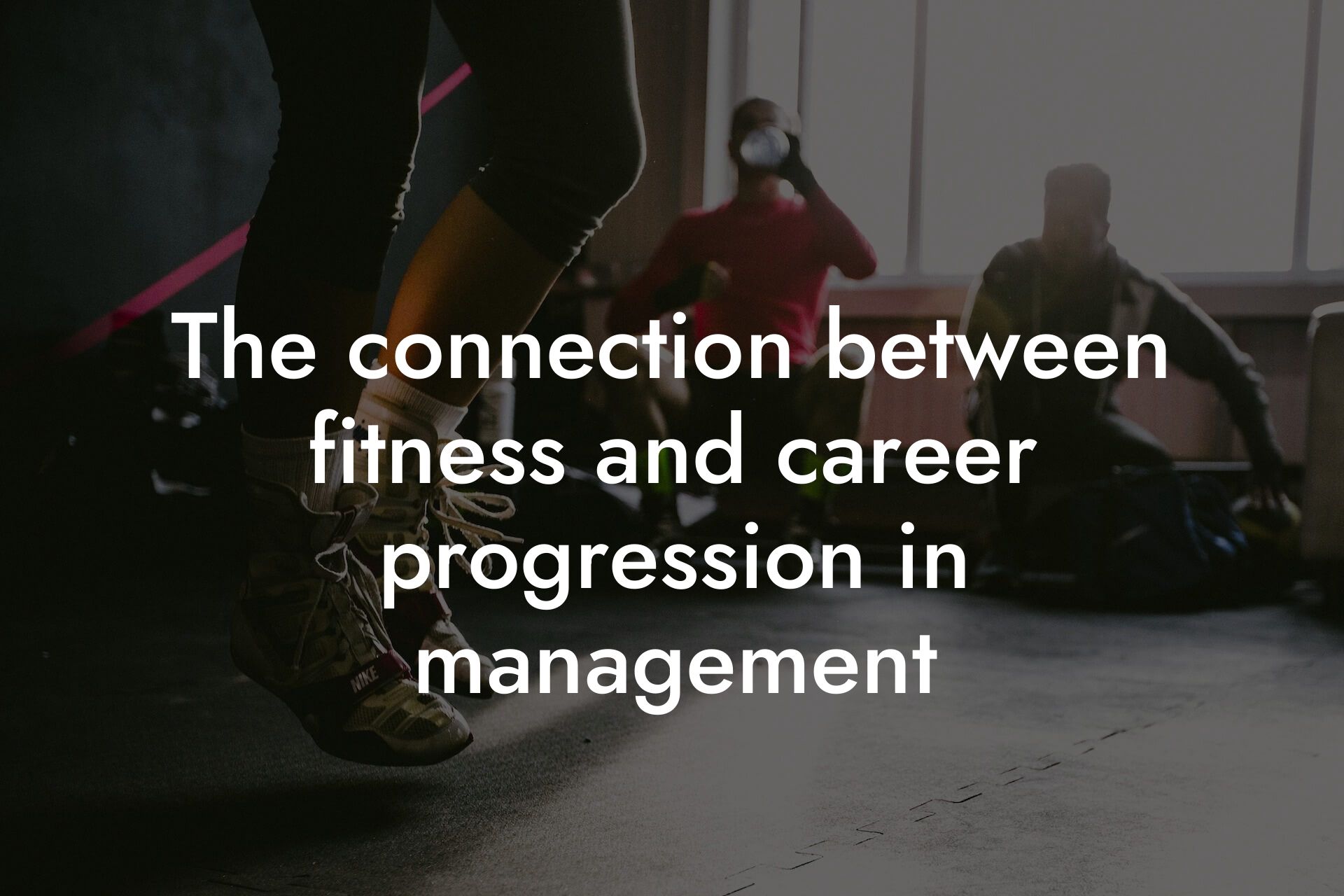As a high-earning professional, you know that staying sharp and focused is crucial to your success in the corporate world. A well-nourished brain is essential to making informed decisions, staying productive, and achieving your goals. At Tano Performance Group, we understand the importance of nutrition in optimizing your physical and mental performance. In this article, we'll provide you with expert nutrition tips to help you stay sharp, focused, and ahead of the game.
Table of Contents
- Hydrate for Peak Performance
- Fuel Your Brain with Omega-3 Rich Foods
- Complex Carbohydrates for Sustained Energy
- Protein for Brain Power
- B Vitamins for Mental Clarity
- Antioxidants for Brain Protection
- Avoid Brain-Draining Foods
- Snack Smart for Peak Productivity
- Get Enough Sleep for Brain Recovery
- Frequently Asked Questions
Hydrate for Peak Performance
Dehydration can significantly impair your cognitive function, leading to decreased focus, fatigue, and poor decision-making. As a busy professional, it's easy to forget to drink enough water throughout the day. However, it's essential to prioritize hydration to stay sharp and focused. Aim to drink at least 8-10 glasses of water per day, and avoid sugary drinks that can lead to energy crashes and decreased productivity.
Fuel Your Brain with Omega-3 Rich Foods
Omega-3 fatty acids, particularly EPA and DHA, play a crucial role in brain function and development. These essential fatty acids help to reduce inflammation, improve cognitive function, and support brain health. Include omega-3 rich foods such as fatty fish, flaxseeds, and walnuts in your diet to fuel your brain and stay focused. Aim for 2-3 servings of omega-3 rich foods per week to reap the benefits.
Complex Carbohydrates for Sustained Energy
Complex carbohydrates such as whole grains, fruits, and vegetables provide sustained energy and support cognitive function. These foods are rich in fiber, vitamins, and minerals that help to regulate blood sugar levels and provide a feeling of fullness and satisfaction. Include complex carbohydrates in your meals and snacks to stay energized and focused throughout the day.
Protein for Brain Power
Protein is essential for brain function and development, and a diet rich in protein can help to improve cognitive function and memory. Include protein-rich foods such as lean meats, fish, eggs, and legumes in your diet to support brain health. Aim for 0.8-1 gram of protein per kilogram of body weight per day to reap the benefits.
B Vitamins for Mental Clarity
B vitamins, particularly B6, B9, and B12, play a crucial role in brain function and development. These vitamins help to regulate homocysteine levels, which is associated with cognitive decline and dementia. Include B vitamin-rich foods such as lean meats, fish, eggs, and whole grains in your diet to support mental clarity and focus.
Antioxidants for Brain Protection
Antioxidants such as vitamins C and E, beta-carotene, and other phytochemicals help to protect the brain from oxidative stress and inflammation. Include antioxidant-rich foods such as berries, leafy greens, and other fruits and vegetables in your diet to support brain health and reduce the risk of cognitive decline.
Avoid Brain-Draining Foods
Certain foods can drain your brain power and impair cognitive function. These include sugary drinks, refined carbohydrates, and processed foods that are high in unhealthy fats and sodium. Avoid or limit these foods in your diet to stay sharp and focused. Instead, opt for whole, nutrient-dense foods that provide sustained energy and support brain health.
Snack Smart for Peak Productivity
Snacking can help to boost energy and productivity, but it's essential to snack smart. Avoid sugary snacks and instead opt for nutrient-dense snacks such as nuts, seeds, fruits, and vegetables. These snacks provide a feeling of fullness and satisfaction, while also supporting brain health and function. Aim for 2-3 snacks per day to stay energized and focused.
Get Enough Sleep for Brain Recovery
Sleep is essential for brain recovery and repair. During sleep, your brain processes and consolidates information, and a lack of sleep can impair cognitive function and memory. Aim for 7-9 hours of sleep per night to support brain health and function. Establish a bedtime routine, avoid caffeine and electronics before bedtime, and create a sleep-conducive environment to improve sleep quality.
Frequently Asked Questions
What is the importance of nutrition in the corporate world?
Nutrition plays a vital role in maintaining focus, energy, and productivity in the corporate world. A well-nourished brain is better equipped to handle stress, make sound decisions, and stay focused throughout the day. Adequate nutrition also helps to boost mood, reducing the risk of anxiety and depression, which are common in high-pressure corporate environments.
How does nutrition impact cognitive function?
Nutrition has a direct impact on cognitive function, including attention, memory, and problem-solving skills. A diet rich in essential nutrients, such as omega-3 fatty acids, antioxidants, and B vitamins, supports brain health and function. Conversely, a diet lacking in these nutrients can impair cognitive function, leading to decreased productivity and performance.
What are the most important nutrients for brain function?
The most important nutrients for brain function include omega-3 fatty acids, antioxidants, B vitamins, magnesium, and iron. These nutrients support neurotransmitter function, neuronal health, and blood flow to the brain, all of which are essential for optimal cognitive function.
How can I boost my energy levels through nutrition?
To boost energy levels, focus on consuming a balanced diet that includes plenty of whole foods, fruits, vegetables, whole grains, lean proteins, and healthy fats. Avoid sugary and processed foods that can cause energy crashes. Additionally, stay hydrated by drinking plenty of water throughout the day.
What are some healthy snack options for the office?
Healthy snack options for the office include nuts, seeds, fruits, vegetables, energy bars, and trail mix. Avoid sugary and processed snacks that can cause energy crashes and decreased productivity. Instead, opt for snacks that are rich in nutrients and can provide a sustained energy boost.
How can I stay focused and alert during long meetings?
To stay focused and alert during long meetings, make sure to eat a nutritious meal or snack beforehand. Avoid consuming too much caffeine or sugar, which can lead to energy crashes and decreased focus. Instead, opt for a balanced snack that includes a combination of protein, complex carbohydrates, and healthy fats.
What are some tips for eating healthy on a busy schedule?
To eat healthy on a busy schedule, plan your meals in advance, prep healthy snacks, and keep a stash of healthy options at your desk. Consider meal delivery services or cooking meals in bulk to save time. Additionally, prioritize whole foods and avoid relying on convenience foods that are often high in added sugars, salt, and unhealthy fats.
How can I reduce stress through nutrition?
To reduce stress through nutrition, focus on consuming a balanced diet that includes plenty of omega-3 fatty acids, antioxidants, and B vitamins. These nutrients help to regulate stress hormones and support mood. Additionally, stay hydrated by drinking plenty of water and limit caffeine and sugar intake, which can exacerbate stress.
What are some healthy breakfast options for busy professionals?
Healthy breakfast options for busy professionals include oatmeal with fruit and nuts, scrambled eggs with whole grain toast, Greek yogurt with berries and honey, and smoothies made with frozen fruit, spinach, and almond milk. Avoid sugary cereals and pastries that can cause energy crashes and decreased productivity.
How can I stay hydrated during the workday?
To stay hydrated during the workday, drink at least eight glasses of water per day. Avoid sugary drinks and caffeine, which can dehydrate the body. Consider keeping a water bottle at your desk and setting reminders to drink water throughout the day.
What are some healthy lunch options for the office?
Healthy lunch options for the office include salads with lean proteins, whole grain sandwiches with vegetables, soups made with vegetables and lean proteins, and leftovers from last night's dinner. Avoid processed and high-sodium foods that can cause energy crashes and decreased productivity.
How can I avoid energy crashes during the workday?
To avoid energy crashes during the workday, eat a balanced breakfast, stay hydrated, and avoid sugary and processed foods. Instead, opt for snacks that are rich in nutrients and can provide a sustained energy boost. Additionally, take breaks to stretch and move throughout the day to increase energy levels.
What are some healthy dinner options for busy professionals?
Healthy dinner options for busy professionals include grilled chicken or fish with roasted vegetables, stir-fries made with lean proteins and mixed vegetables, and one-pot meals made with quinoa, lean proteins, and mixed vegetables. Avoid processed and high-sodium foods that can cause energy crashes and decreased productivity.
How can I prioritize nutrition in a fast-paced corporate environment?
To prioritize nutrition in a fast-paced corporate environment, make healthy choices a habit by planning your meals in advance, prepping healthy snacks, and keeping a stash of healthy options at your desk. Additionally, prioritize self-care and make time for meal breaks to reduce stress and increase productivity.
What are some common nutrition mistakes that corporate professionals make?
Common nutrition mistakes that corporate professionals make include skipping meals, relying on convenience foods, and consuming too much caffeine and sugar. These mistakes can lead to energy crashes, decreased productivity, and decreased overall health.
How can I make healthy choices when eating out?
To make healthy choices when eating out, opt for restaurants that serve whole foods and lean proteins. Avoid fried and processed foods, and choose vegetables and whole grains as side dishes. Additionally, consider ordering smaller portions or sharing a meal to reduce calorie intake.
What are some healthy beverage options for the office?
Healthy beverage options for the office include water, unsweetened tea, and black coffee. Avoid sugary drinks and soda, which can cause energy crashes and decreased productivity. Additionally, consider keeping a stash of herbal teas and infused water at your desk for a healthy pick-me-up.
How can I prioritize nutrition on a tight budget?
To prioritize nutrition on a tight budget, plan your meals in advance, buy in bulk, and shop for seasonal produce. Consider meal prepping and cooking meals at home instead of relying on expensive restaurants and takeout. Additionally, look for coupons and discounts on healthy foods to save money.
What are some healthy dessert options for the office?
Healthy dessert options for the office include fresh fruit, dark chocolate, and homemade treats made with whole grains and natural sweeteners. Avoid processed and sugary desserts that can cause energy crashes and decreased productivity.
How can I stay motivated to make healthy choices?
To stay motivated to make healthy choices, set specific and achievable goals, track your progress, and reward yourself for milestones achieved. Additionally, find a support system, such as a health coach or nutritionist, to help you stay on track and provide accountability.
What are some common myths about nutrition and brain function?
Common myths about nutrition and brain function include the idea that sugar is necessary for energy, that coffee is good for focus, and that a healthy diet is too expensive. These myths can lead to unhealthy choices and decreased productivity. Instead, focus on consuming a balanced diet that includes plenty of whole foods, fruits, vegetables, whole grains, lean proteins, and healthy fats.
How can I get started with making healthy nutrition choices?
To get started with making healthy nutrition choices, start by setting small goals, such as increasing your water intake or adding a serving of fruits and vegetables to your daily meals. Gradually work your way up to bigger changes, such as meal prepping and cooking meals at home. Additionally, consider consulting with a health coach or nutritionist to create a personalized nutrition plan.
What are some resources for learning more about nutrition and brain function?
Resources for learning more about nutrition and brain function include books, online articles, and reputable health websites. Consider consulting with a health coach or nutritionist for personalized guidance and support. Additionally, take online courses or attend workshops to learn more about nutrition and brain function.
Here are some related articles you might love...
- Strategies for maintaining fitness during corporate travel
- How to stay active during long meetings and conferences
- The connection between fitness and career progression in management
- The impact of body composition on team leadership
- How DEXA scans can help managers optimize their health
- The importance of physical health in effective management
- How to lead by example with physical fitness
- Balancing work and fitness: Tips for corporate leaders
- How corporate managers can incorporate fitness into their daily routines
Zak Faulkner
Zak Faulkner is a leading authority in the realm of physical health and body composition analysis, with over 15 years of experience helping professionals optimise their fitness and well-being. As one the experts behind Tano Performance Group, Zak has dedicated his career to providing in-depth, science-backed insights that empower clients to elevate their physical performance and overall health.
With extensive knowledge of DEXA technology, Zak specializes in delivering comprehensive body assessments that offer precise data on body fat, muscle mass, bone density, and overall physique. His expertise enables individuals to make informed decisions and achieve their fitness goals with accuracy and confidence. Zak’s approach is rooted in a deep understanding of human physiology, combined with a passion for helping clients unlock their full potential through personalised strategies.
Over the years, Zak has earned a reputation for his commitment to excellence, precision, and client-focused service. His guidance is trusted by top professionals who demand the best when it comes to their health. Whether advising on fitness programs, nutritional strategies, or long-term wellness plans, Zak Faulkner’s insights are a valuable resource for anyone serious about taking their health and fitness to the next level.
At Tano Performance Group, Zak continues to lead our Content Team revolutionising how professionals approach their physical health, offering unparalleled expertise that drives real results.




